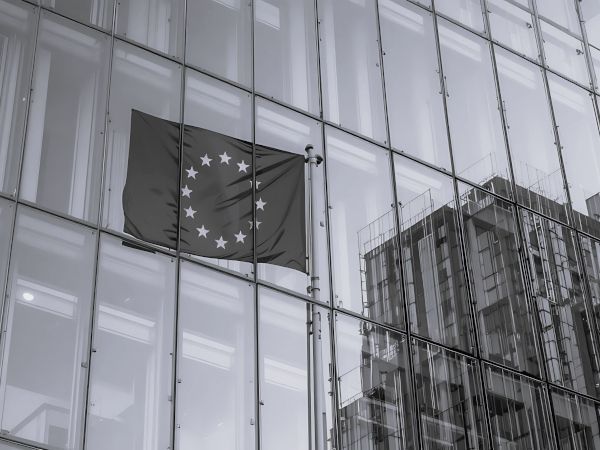
Date: 8 July 2025
As the public consultation draws to a close, Glass for Europe publishes its position paper on the Industrial Decarbonisation Accelerator Act setting out concrete recommendations on how to design non-financial requirements that do not place an additional burden on energy-intensive industries. Adoption of the European Commission’s proposal is expected later this year, most likely in November.
As part of the Clean Industrial Deal, the European Commission had announced an Industrial Decarbonisation Accelerator Act to address bottlenecks in the granting of permits for industrial access to energy, and to introduce resilience and sustainability criteria to promote a clean European energy supply for energy-intensive sectors. Glass for Europe shares the objective of boosting demand and production of glass and glazing products that are primarily manufactured in Europe and have minimal environmental impact. However, the flat glass sector anticipates limited benefits in terms of decarbonisation and is therefore urging the European Commission to carefully consider the additional administrative burden.
Glass for Europe therefore underlines the following general principles in its paper:
- The creation of a label for low-carbon products and other non-financial instruments will, at best, have a very marginal impact on the demand for and availability of European-made low-carbon flat glass products
- A vast array of sustainability data already exists and other EU policy instruments under development will promote low-carbon glazing in the building sector more efficiently.
- Any new labelling of products must not create additional administrative complexities when simplification and cutting red tape is a policy priority of the European Commission
- An instrument to identify the European origin of materials and goods could be beneficial and serve in procurement criteria, if complexities of value-chains are apprehended.
- While any simplification of permitting procedures is welcome, the greatest support to industrial decarbonisation in flat glass manufacturing will come from other policies
The position paper provides a more detailed look at the elements to consider when labelling low-carbon, European-made flat glass products. It also details the challenges associated with producing low-carbon flat glass, noting that market-driven tools alone are insufficient to overcome technical and structural barriers. Read our position paper
 600450
600450

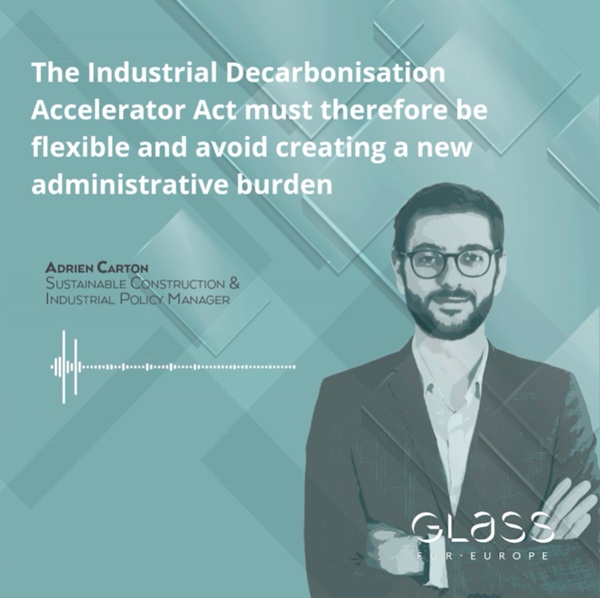

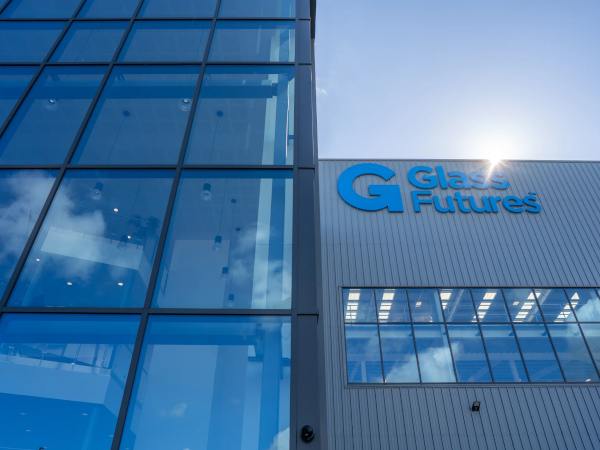
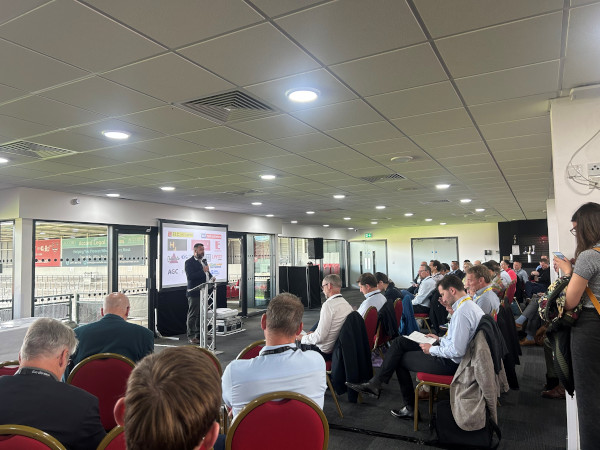
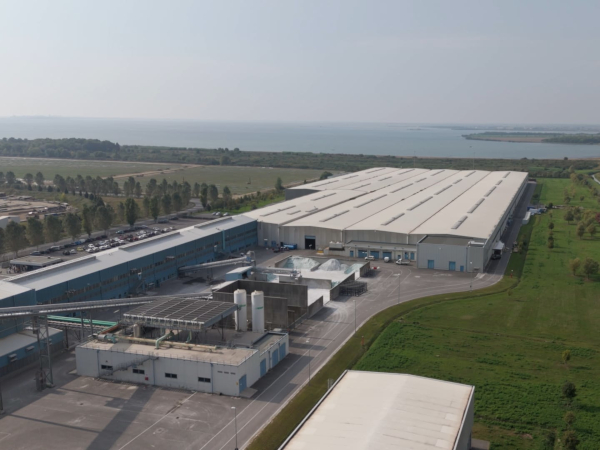
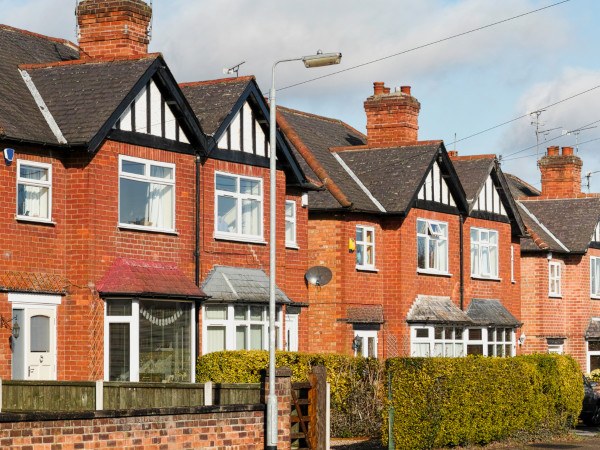
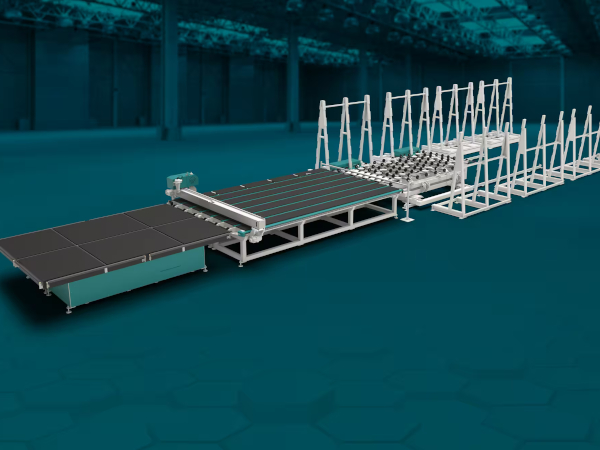






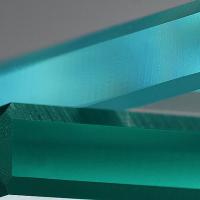


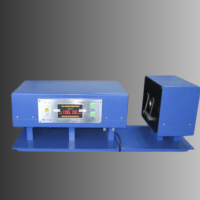
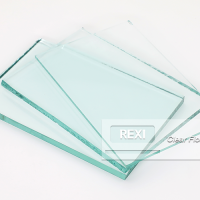
Add new comment